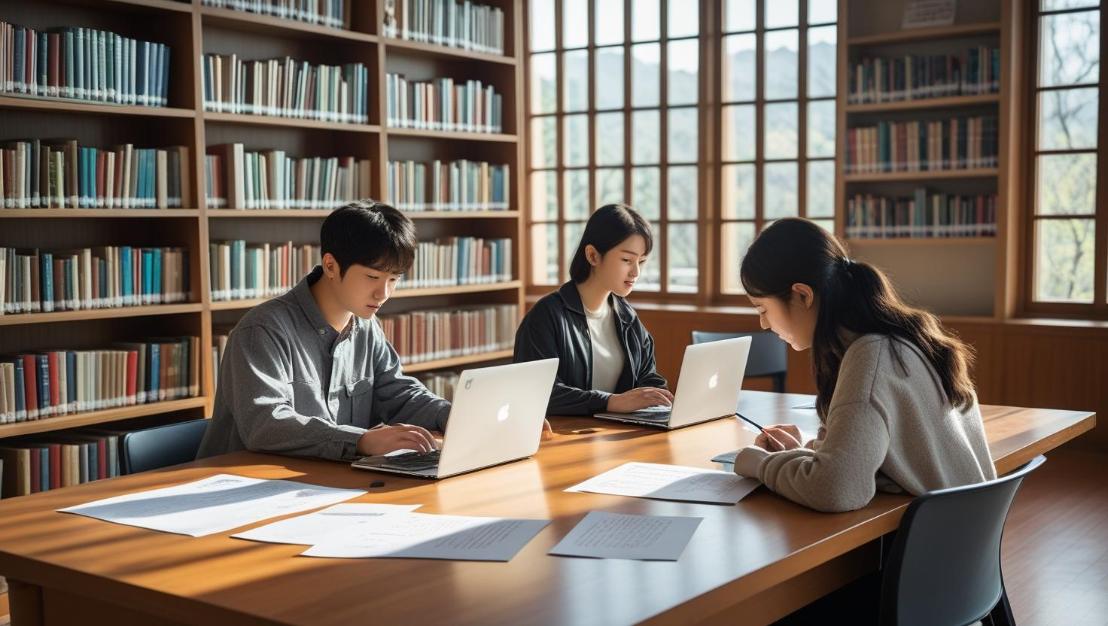Benefits of a Collection of Links in Korean Political Studies

When you start digging into the shifting political scene in South Korea—whether you’re a reporter, a researcher, or a student—jumping between tiny, chunked websites can eat up more time than you think. A specially gathered link collection, or “링크모음” in Korean, pulls all the key materials into a single, neat place.
Everything from breaking news articles to in-depth studies is sorted for you, so clicking through them feels much quicker, and you can trust the info you’re collecting is the latest and the most relevant.
Streamlined Access to Diverse Perspectives
Collections like this let you read sharp differences in opinion without hunting them down one by one. South Korea’s political stage is constantly changing—bills on housing, tense talks with other countries, or the clash between old and young voters are debated almost daily.
With all those debates visible at once, you can easily flip between a big-name daily, a scrappy online magazine, and an academic paper, all side by side. By the time you finish comparing them, you’re not only up to date, but you’re also seeing the full, messy, textured picture behind the headlines.
Strengthening Academic Research
For faculty, Ph.D. candidates, and policy researchers, a well-curated collection of political Web links is more than a handy shortcut—it is a force multiplier for elevating research integrity. Instead of sifting through dozens of jumbled portals, scholars can dive straight into synthesis, explanation, and source-checking.
Political science particularly requires this, as primary materials such as congressional records, white papers, and executive notices undergo constant revisions. A trusted hyperlink library keeps researchers abreast of changes and trims redundant clicks, so brainpower goes to ideas, not to surfing.
Encouraging Public Engagement
Where quality information is easily accessible, political engagement thrives. The repository of Korean political links empowers everyday citizens to track assembly activities, read party programs, and access expert analyses—none of which requires piecing together half-truths from generic search pages.
This transparency invites meaningful, fact-driven discussions, boosts the confidence of civic actors, and permits participation backed by rigorous material. Curation further thwarts misinformation, since the selected citations typically pass through expert quality screens before they are listed.
ALSO READ: Political Leaders and the Gurkha 5 Door: The Vehicle of Choice for Prominent Figures
Growing Knowledge Across Borders
As South Korea’s influence in both the Asia-Pacific and the wider world expands, the dynamics shaping its foreign relations command global attention. Carefully assembled link collections for Korean politics are therefore indispensable, offering not just national specialists but also overseas scholars, journalists, and policymakers ready access to trustworthy, curated digital materials.
Beyond paper and pixel, such collections safely cross language and cultural boundaries by packaging translated texts and annotated English-language references, encouraging researchers everywhere to explore the subtleties of South Korean democratic practice.
In turn, this wider engagement sharpens the contextual knowledge of northern, southern, and international readers alike, strengthening the academic and diplomatic talking points that eventually resonate in regional forums, top-tier journals, and newsrooms.
Sustained Gains Across Generations
The collection’s abiding advantage rests on cementing a habit of sharing verified knowledge. By intentional teams continually vetting, augmenting, and preserving them, Korean political materials stay fit for purpose not merely for the present, but for distant universities.
When diligent graduate students, teachers, opposition party volunteers, and future advisors to foreign chiefs of staff sit at their study tables, the sequenced data unfold political language, party life cycles, democratic amendments, and peace negotiations in context, top-to-bottom.
When South Korean politics shifts—be it by another constitutional negotiation, new security alignments, or separatist advocacy—these repositories automatically keep pace, evolving into partly updated contemporaneous timelines.
More than their tidy mosaics of hyperlinks and headnotes, these collections are durable national infrastructure for verified knowledge, civil discourse, and mutual semantic candor. Over decades, their unbroken, transparent longitudinal flow of insights broadens understanding of South Korea’s experiment in rigorous democracy, allowing tomorrow’s global statecraft and journalism to draw on its pages.

